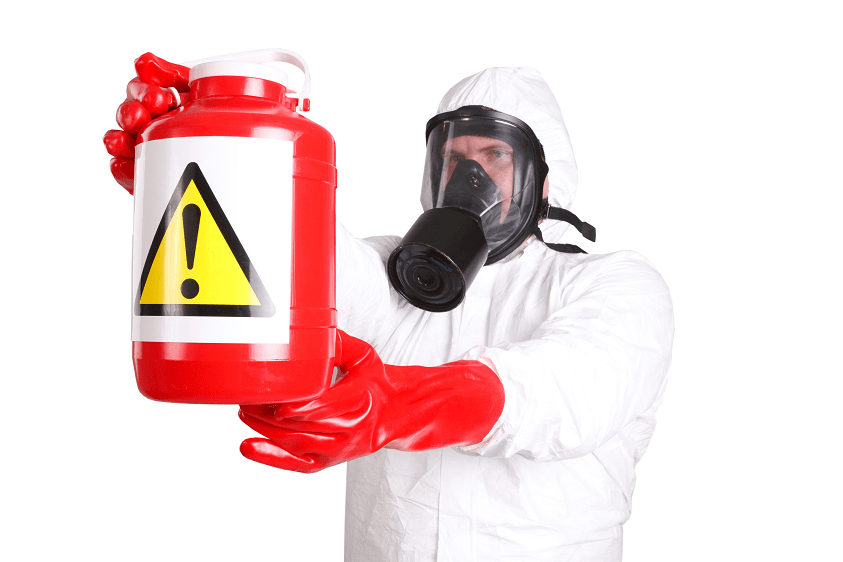The possible toxic effects of the chemical Trichloroethylene (TCE) have been discussed for decades. However, the chemical plays a crucial role in producing everything from degreasing solutions to pepper spray, and most companies who use the chemical would rather not see a TCE ban enacted.
According to a recent report from ChemInfo, TCE has been designated as a “known” human carcinogen by the U.S. Department of human service. The recent ruling follows the Environmental Protection Agency’s (EPA’s) announcement that TCE is “cancerous by all routes of exposure”, in 2011.
However you slice it, TCE is toxic to employees on the workfloor. Even if you implement high-level personal protective equipment and special ventilation systems, these measures wouldn’t fully prevent the the of TCE, as the primary focus would be on minimizing exposure, not ensuring exposure is fully eradicated by banning the chemical.
Will a TCE Ban Occur?
The EPA’s decision to ban a chemical seldom happens off the cuff. Banned chemicals have usually been in existence for a while and are embedded in companies’ cleaning operations. A TCE ban would require these companies to implement a safe TCE substitute, and possibly experience downtime as a result of the changeover.
Furthermore, banning TCE could make a major, temporary dent in the finances of large chemical plants that produce TCE, including Dow Chemical, PPG Industries, and GreenChem Industries. In addition, no more TCE in the waste trap could temporarily affect the profit margins of waste disposal providers, although probably not by much.
So, while there are definitely some temporary, negative effects of banning TCE, moving forward with the ban is in the best interest of employers and employees. We explain why below.
Why the Ban Should Occur
In terms of cancer risk, The EPA usually assigns dangerous chemicals one of two designations: chemicals that are “reasonably anticipated” to be human carcinogens, and chemicals that are “known” human carcinogens. That TCE is considered carcinogenic doesn’t square with the fact that roughly 250 million gallons of the chemical each year.
However, the EPA is similar to the Internal Revenue Service (IRS), in that it moves slowly, gathering evidence along the way, so it can swoop down with voluminous amounts of information that prove the point about the toxicity of a chemical.
If this ends up happening with TCE, workers won’t experience TCE-related effects, and companies can avoid the negative fallout from TCE exposure including: increased sick days, workers compensation claims, and settling chemical injury lawsuits, among others.
Contact Ecolink Today
Will there be a TCE ban? Considering that the chemical is identified as a known human carcinogen, the answer is likely yes. However, because companies need a drop-in replacement for TCE, it’s important to know which solvent supplier to turn to for a substitute. We recommend consulting with Ecolink due to our years of experience in TCE replacement.
To inquire about our stock products and custom solutions, call use today at (800) 563-1305, or send us an email through our contact form. Were look forward to hearing from you!















